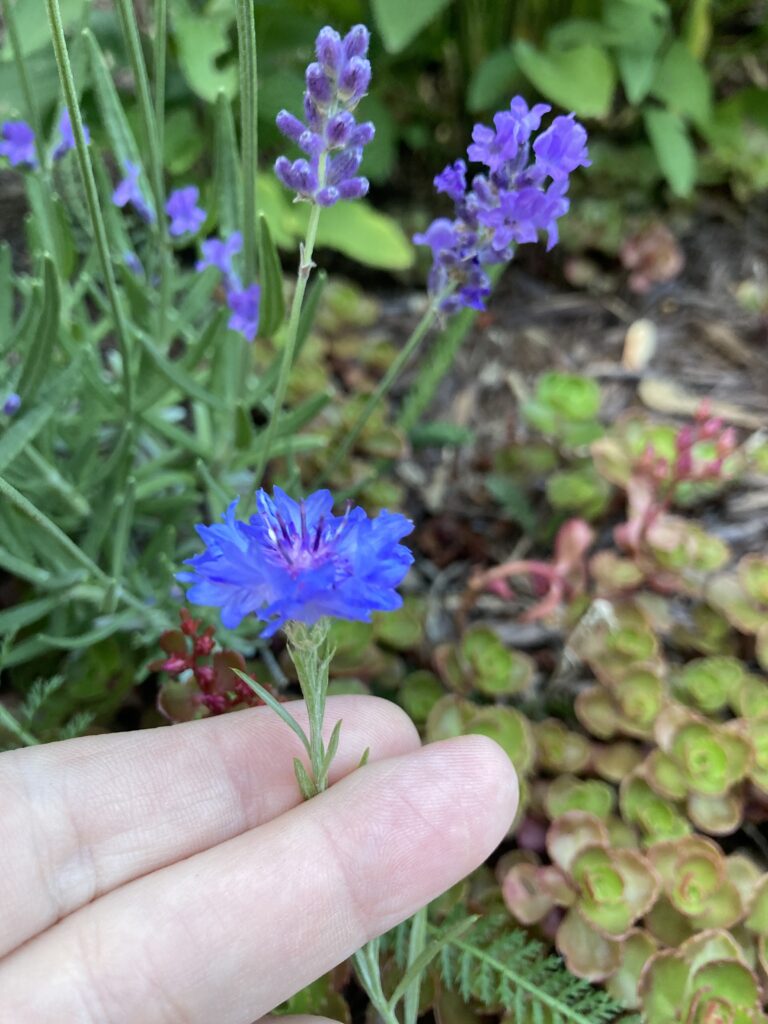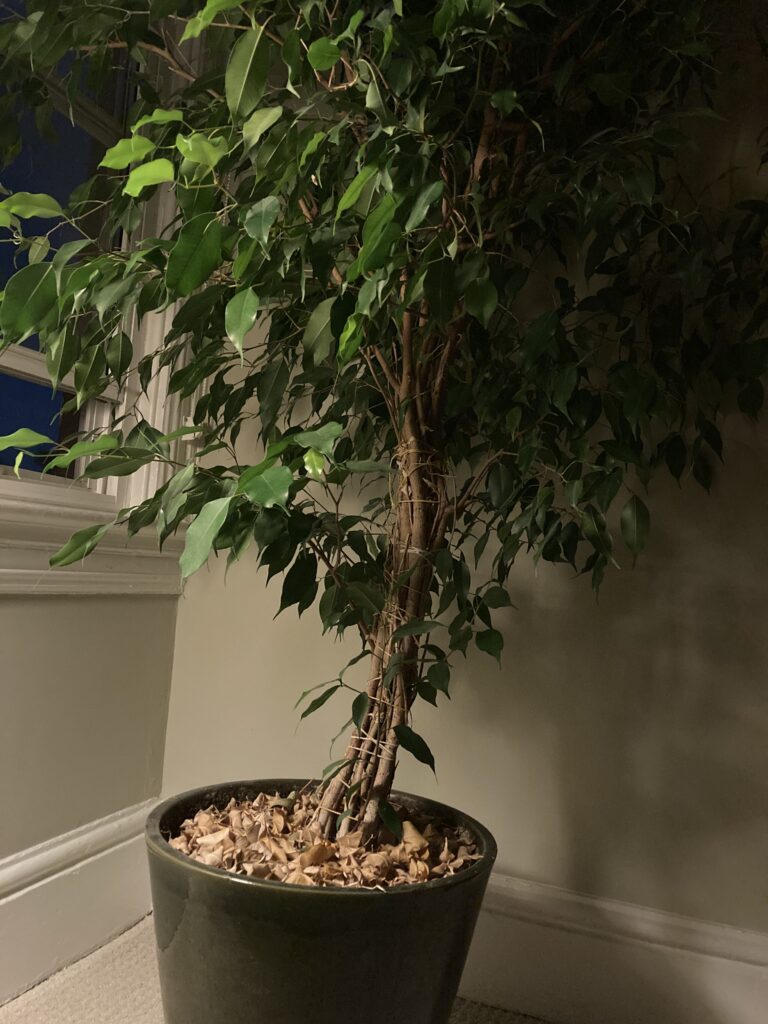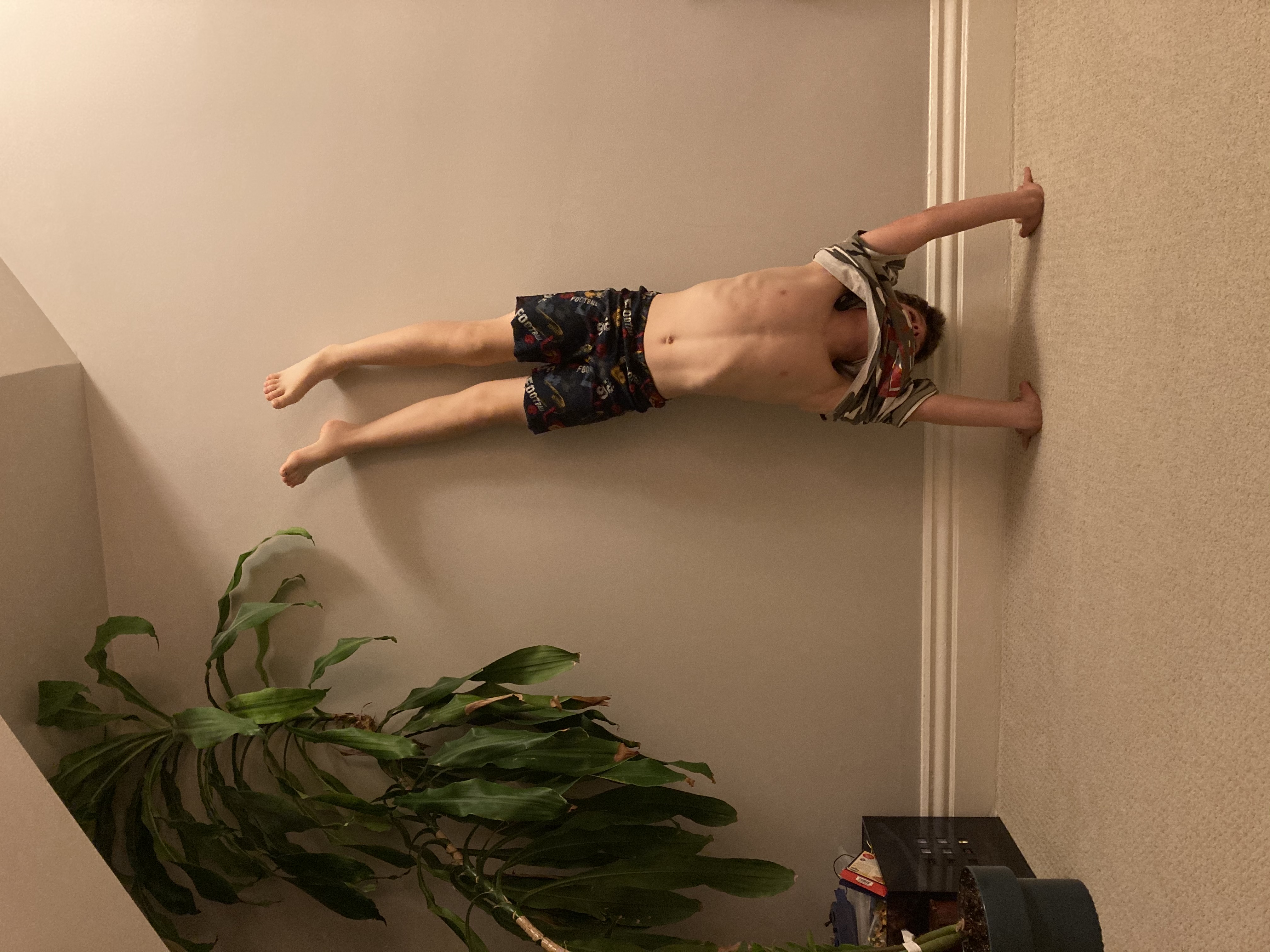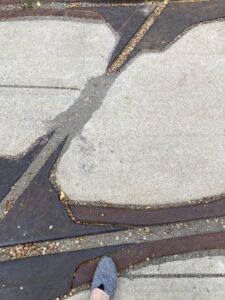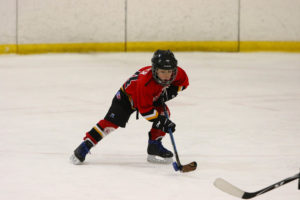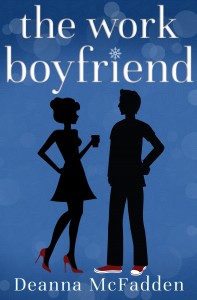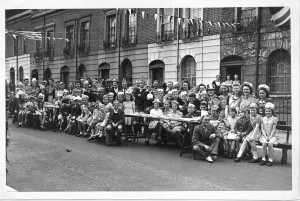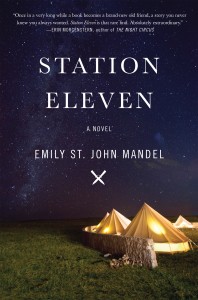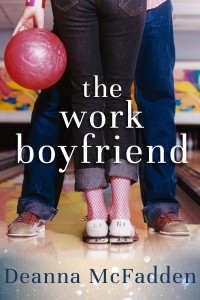 While I was in graduate school, in a pitch of desperation during a flare-up of my Wegener’s, I made a list of accomplishments–not current, but what I wanted out of life. Most of them were typical for someone of my age and state-of-life, I wanted to have kids, and find a better job, and go to Paris, and England–and foolishly, write a book.
While I was in graduate school, in a pitch of desperation during a flare-up of my Wegener’s, I made a list of accomplishments–not current, but what I wanted out of life. Most of them were typical for someone of my age and state-of-life, I wanted to have kids, and find a better job, and go to Paris, and England–and foolishly, write a book.
At the time, I was barely surviving grad school. I mean, I ended up with a degree by the skin of my teeth, and was then set adrift because my plan of becoming a professor sort of relied upon going forward and doing a doctorate. Further school was not for me, I wasn’t cut out for the competitiveness, nor the cutthroat nature of grad school, but I did enjoy writing. But my work at the time was a mess, I mean, there’s stream of consciousness and then there’s just words on the page, which is what my writing tended towards.
Over the years, I’ve gone back to thinking about that list, because it’s in my nature to simply cross items off and keep moving forward onto the next line that will ultimately bring fulfillment. Except that’s not quite how life works. Goals are hard to achieve, and sometimes they take far longer than you’d ever expect. So, way in the way back I had “write a novel” on that list, and it wasn’t until this passed December that I finally crossed it, metaphorically, off.
Still, I want to distill what I was actually trying to observe–writing a novel is one part of it, following the journey of a character from start to finish in a way that’s readable, entertaining, and engaging is a very rewarding goal. But I think what I was trying to escape at the time from the misery of my one-bedroom underground apartment was my quest for a career. So, it’s never been about just “novels”–it’s more about making a living from my pen. At the time, I was reading a lot of Aphra Behn, and was besotted by the idea of earning my keep from writing. And in the following years, I’ve managed to make a dent in this goal, whether it was abridging classics for kids, being a complete hack on the internet, and publishing the odd poem or two about Johnny Cash. I’m not an artist, and I wouldn’t even call myself an author if anyone asked. I never thought I would make a very good freelancer or magazine writer, although I’ve never pursued either of those options, primarily because I’ve been extraordinarily lucky to fall into a career in publishing over the last decade. I just really like writing. I like characters and pulling out sadness and pushing bad situations to worse and examining the human condition and poor decisions and so on.
I managed, over the course of about three years, to write a solid draft of a very Canadian novel. It was highly flawed and utterly unpublishable. I can see that now, but what it did give me was the courage to keep going. It gave me the idea that I could get to the end of something if I focussed on the process that works for me (I was doing a page a day, rain or shine) and held onto the time. The biggest hurdle was finding the right voice. I’m a natural echo. I am deeply influenced by the written word, by music, and by movies. And so the first book I wrote was super literary, really intense, and completely unbelievable; if you can believe it, I was reading, watching, and listening to super-heavy, intensely artistic, and amazingly gifted art-art at the time. A friend of a friend at work kindly referred me to an agent, who read the book and even more kindly rejected it, and by then I was at the end of my pregnancy, which meant that we were at the beginning of the terrifying journey to bring my son into the world. So, novels were once again put on the back burner.
Fast-forward a couple of years. And I’ve found my confidence again, found the right voice, the right tone, and am plugging away again at something different this time–it’s old-school chicklit, like you’d have read at the beginning of this decade. Think Gemma Townley or Jane Green only edgier because I’m incapable of writing characters who aren’t, at their core, completely messed up for one reason or another. The book is there, and I can see it, the beginning, middle, and end, and I find that if I write the ending, always an afterword of a sorts, I can get TO the end. THE WORK BOYFRIEND had a cute concept, a good conflict, and a resolution at the end that I thought was satisfying.
Starting a business, of any kind, is a challenging endeavour. Even though I’ve been in publishing for a decade now, I knew it would be a challenge to put the book out myself. I’m extraordinarily lucky that I have a business partner with whom I am keenly matched, and I also understand the necessity of certain parts of the process, like copy editing and building a fully functioning epub. In that sense, I’m luckier than a lot of writers who come into this space. Still, the challenges are legion. Just because we work in publishing doesn’t mean that the publishing world will do us any favours. Publishing is, above all, a business. Just because I might have met the editor Globe Books through work at some point, doesn’t change the fact that they don’t review self-published books. And we’re a small two-person company without marketing budgets and have no interest in publishing a physical book. The whole model was something I wanted to try, simply because I’m interested in the differences between how my business does its business vs. how the business could be done outside the business.
So, the book is up–and friends and family have been kind and generous with both their time and their social media space. We have a great cover, and some amazing early reads, with some solid reviews up on Amazon. Now the real work begins. We made the decision not to put the book up exclusively on Amazon, which means our royalty percentage is lower. Kobo’s a big part of the Canadian ebook market, so we spoke to some kind, generous people at Writing Life. And female-driven, romantic-type stories do well on both Apple and Google, from what I’ve seen on their bestseller lists. So we’ve got the positioning down pat. But none of this guarantees the book will be merchandised, and I completely understand that–primarily because, like I said above, the ecosystem of publishing revolves around the fact that it’s a business, and there’s limited space for self-published authors, independents like us, on the homepages of sites like iBooks or Kobo. And the number one way of finding ebook readers, of discovery, is via merchandising.
With merchandising out of the picture, we’ve got to start building up word of mouth and momentum–which isn’t easy. It’s the hard work of find readers, of supplying reading copies, and of asking for favours, which I’ve never really felt comfortable doing. Social media will only take you so far, and a like does not equal a sale. I have wonderful friends and an incredibly supportive family, but they aren’t all ebook readers, and it’s not the same as your aunt heading into the bookstore and buying ten copies of your book because she’s so proud of you… So, it’s interesting. There’s the added issue that there are millions of ebooks on the market, and breaking through is hard–the formula, publish lots, offer your readership something for free, and slowly build an audience is what we’re working towards, but that’s more relevant for romance or, ahem, heavy romance, then the single novel-type novel that I’ve written.
So, the experiment continues. I’m over the panic and worry for the moment, the money that’s out there will trickle back with every copy we’ve sold. Right now we’re sitting at over 50+ copies, which isn’t terrible, but it’s not great either. We’ve made about $100.00, which I am incredibly grateful for, and the most profitable copy of the book I sold was emailing the ebook to a friend who bought it directly from me. And I think my experience is very different from what Jowita Bydlowska talked about in the National Post, primarily because the kind of books we’re writing are different, but the struggles are the same–to find an audience, to build up a readership, to make it on your own–it’s akin to the scrappy DIY-nature of most of my life. And I’m staying true to my list, to the distilled goal anyway, of making a living by my pen–even if right now it’s coming in painfully slow drips and drops of $10.00 payments from Amazon.
We’re getting there. I’m now realizing that perhaps I was premature in crossing “write a novel” off my list, because while I might not be an author in the traditional sense, I did find the essence of myself in that list. “Write a novel” wasn’t the end, it was really just the beginning.
